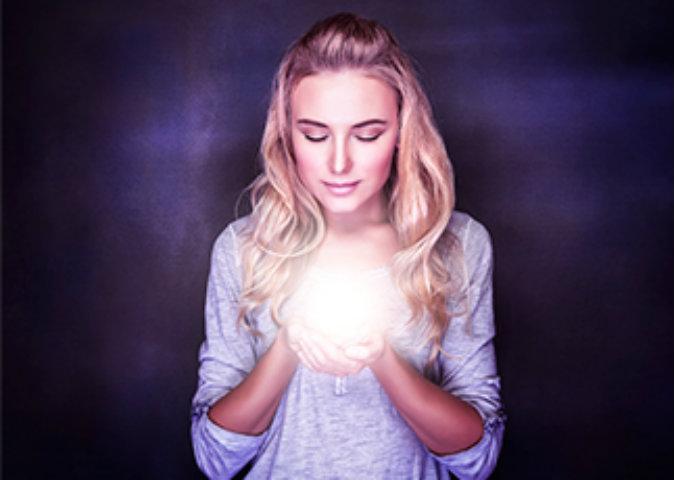Modern people typically believe that the brain rules the body. But according to ancient Chinese doctors, the heart is in charge. In traditional Chinese medicine, the heart is considered the emperor of the body. It sets the tone and direction for the rest of the organ systems to follow.
What did they see in the heart that qualified its leadership? A sense of spirit. While ancient Chinese doctors understood that the heart was an organ that moved blood through the body, this was a minor detail in the grand scheme of things. They paid little attention to the physical heart and focused almost exclusively on its spirit, known as “shen.”






